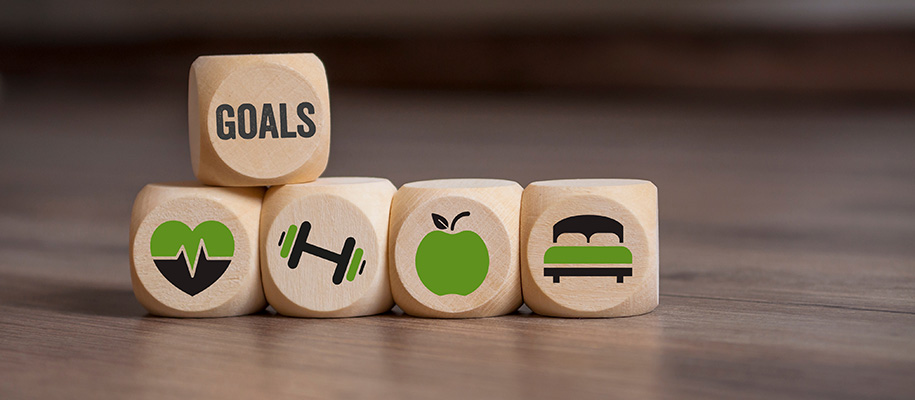Finding the right balance between being a good student and a budding athlete can be tricky in high school or college, but if the balance is right then the sky’s the limit. It’s possible to take your commitments to the extreme, so as with anything in life, moderation is a reliable rule of thumb. Staying healthy, both mentally and physically, is paramount for student-athletes. Prosperous students who perform on a consistent basis should have these four healthy traits to help manage their time, stress, and performance.
1. Find your balance
The ability to hit the sweet spot between being a well-rounded student and sportsperson will help both in academic terms and the athletic side of things too. Planning is important, so student-athletes should have all of their important school and sports dates logged into a planner, which most smart phones have as a feature on the Calendar app. Balance is key, but passing tests and succeeding in the classroom dictates overall progression—both in school and thereafter—so school should be the priority. This sounds slightly hypocritical when we’ve just noted the importance of balance, but without education progression, the sports side of life will fail to flourish too.
Related: How to Balance Schoolwork, Exercise, and Other Activities: Students Speak
2. Stay fit
The growth period that teenagers experience is typically more intense than during other stages of life. Therefore, teenage athletes are often left more prone to injury—and this can carry into college as you’re hitting the end of adult development. Four fundamental elements that aid toward positive injury prevention include:
- Ensuring any equipment fits
- Completing an effective warm-up
- Incorporating stretching
- Not skipping the cool-down
Another part of staying fit is sleeping soundly. You can find out about the benefits of sleep by visiting Sleepadvisor.org, which is packed full of essential information and informative guides that can help young athletes stay on the right side of fitness.
3. Stay hydrated
When students are learning and busy being physically active, they can forget the important things that will help them with both of these things: staying hydrated. Remaining hydrated is crucial for the human body if it’s to function at optimum level on and off the field and track. Recommended water intake depends on factors such as age and gender. Obviously, this figure will rise for athletes, but it depends on the volume and intensity of the activity.
4. Manage your stress
Participating in sports and staying on top of studies—not to mention having a social life—can be stressful. This adds pressure and stress that comes as a result that is managed inefficiently and can lead to a plethora of health issues. These can be avoided by consuming a well-balanced diet, minimizing caffeine intake, adopting deep-breathing exercises or practicing meditation, learning not to bottle feelings and emotions up, and getting the recommended daily amount of sleep—as well as learning other important sleep hygiene tips.
Related: How to Manage Your Stress for Better Health as a Student
Ultimately, students who are both academically and physically active on a regular basis should keep in mind that they are still progressing as a person. They are still kids, so the element of fun should never be lost during this period. Don’t take things too seriously, whether it be strict diets (the odd takeaway will not undo all the hard work) or studying at home for a solid two hours every night when things get a little intense. Refer to the general rule we started with and keep balance in all you do. If you keep all this in mind, these healthy habits will become normal practice, and being a star student-athlete won’t be such a seemingly impossible task after all.
For more sports advice, check out our College Athletics section. Or if you’re looking for general student health advice, check out our Student Life section.







